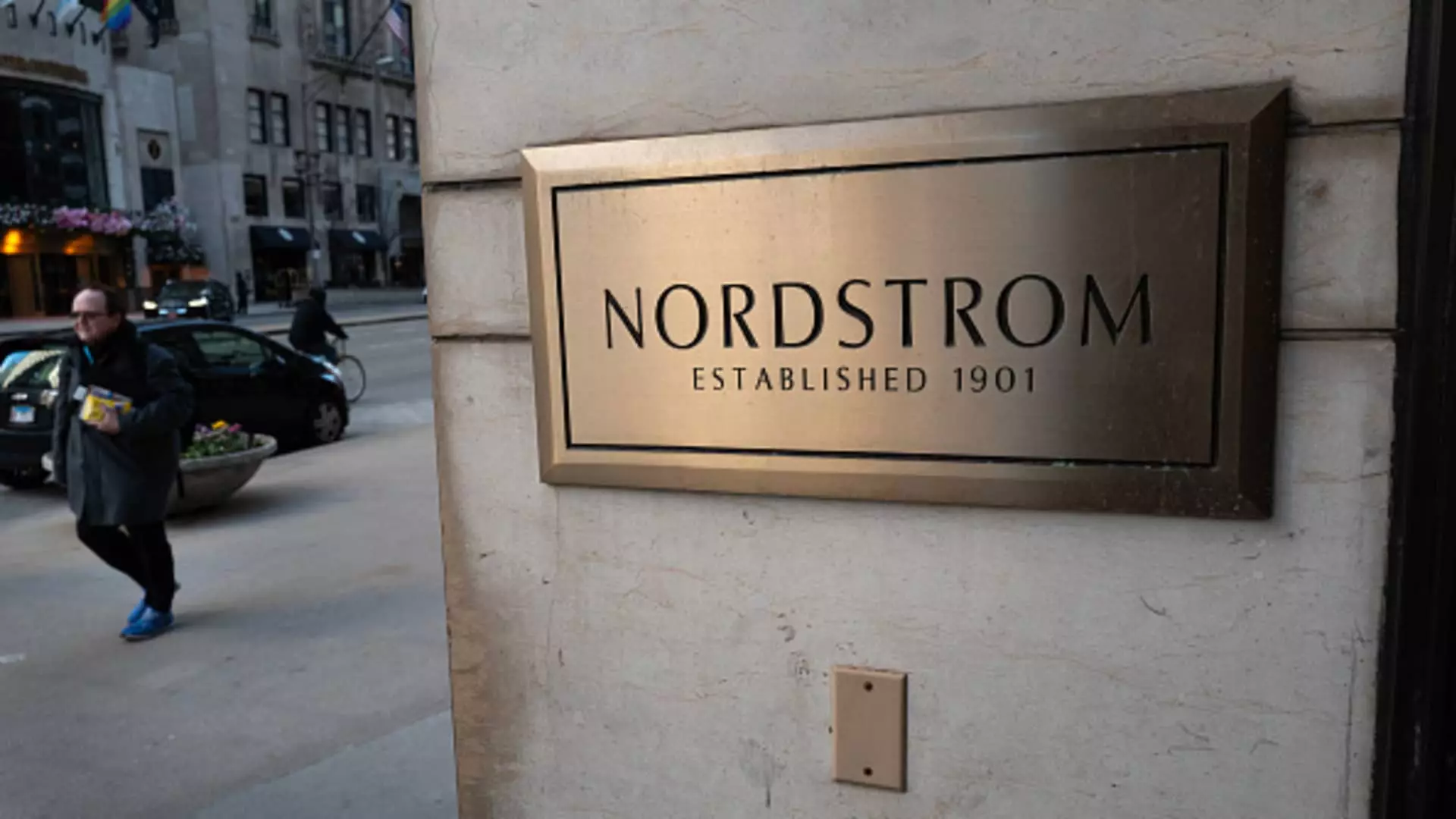In a significant move within the retail landscape, Nordstrom announced on Monday that it will convert into a private entity following a buyout deal approximately valued at $6.25 billion. This agreement is spearheaded by Nordstrom’s founding family in collaboration with El Puerto de Liverpool, a prominent Mexican department store chain. The board of directors of Nordstrom has unanimously backed this transaction, which is expected to finalize in the first half of 2025. Upon completion, the Nordstrom family will maintain a controlling stake of 50.1%, while Liverpool will possess the remaining 49.9%. For existing shareholders, the outcome is relatively lucrative, as each share of Nordstrom common stock will be redeemed at a price of $24.25 in cash.
The transition to private ownership marks a pivotal shift for Nordstrom, an organization that has long prided itself on customer satisfaction. Erik Nordstrom, the company’s CEO, expressed optimism for this new journey, stating that it aligns with the company’s foundational principle of enhancing customer experience. Notably, this isn’t the first instance of the retailer attempting to operate privately; a previous effort in 2018 did not reach fruition. This recent proposal emerged shortly after the Nordstrom family proposed an earlier buyout offer of $23 per share in September 2023.
Nordstrom’s stock price has displayed considerable fluctuations in light of this news. Even though shares dipped by around 1% in early trading, a prior report had already heightened optimism, causing a rise in stock values in earlier months as investors speculated about the move towards privatization. Despite varying stock performance, the company reported strong figures for the fiscal third quarter, surpassing sales expectations with a 4% year-on-year revenue increase. However, the company tempered investor enthusiasm with a slightly cautious full-year sales forecast, citing anticipated challenges during the holiday shopping season—an essential period for retailers.
Nordstrom’s situation is reflective of broader challenges faced within the retail industry, particularly for luxury brands. Competing retailers, including Walmart, Best Buy, and Target, have reported shifts in consumer behavior, with customers increasingly selective about their purchases. As buyers prioritize essential items, luxury retailers like Nordstrom must adopt strategic measures to adapt to a changing climate that demands value for money.
With more than a century of history, Nordstrom’s transition to a private company is not just a financial maneuver; it signifies a strategic pivot towards emphasizing long-term growth over short-term market pressures. As the retailer moves forward, there will be heightened expectations for innovation and responsiveness to consumer desires. The backing of both the Nordstrom family and El Puerto de Liverpool could provide valuable resources and insights needed to navigate this evolving retail environment. Nordstrom’s legacy as a customer-centric brand hinges on its ability to thrive amidst these challenges, ensuring it remains a relevant name in the competitive landscape of allied markets.


Leave a Reply